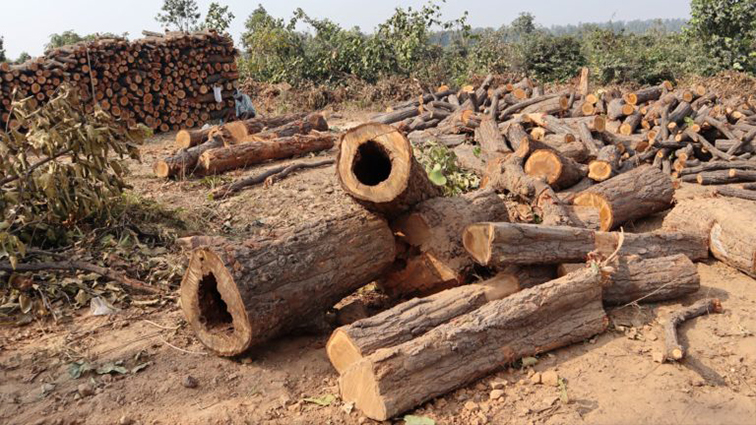Logging has become a major source of funding for extremist groups in Mali that previously relied on external support, and are now exploiting natural resources, especially timber, to finance their operations.
The South African Institute for Security Studies reported that illegal logging brought in approximately $13.8 million between 2019 and 2021 and constituted financial support for extremist organizations such as the “For the Support of Islam and Muslims” group, as the group benefited from this activity to expand its influence in regions such as Mopti, Ségou, and Timbuktu. .
The forests also provide refuge for extremist groups, as they have expanded their influence into southern and western Mali, gradually settling in nature reserves such as Baoli, where extremists control these areas and impose fees on illegal loggers.
The report highlights key security challenges, such as the conflict with Azawad separatists seeking independence in northern Mali.
It also points to the problem of corruption, as forestry and civil service officials turn a blind eye to the illegal exploitation and export of timber, which facilitates the trade of protected “koso” wood to China through the port of Dakar in Senegal and contributes to deforestation and environmental degradation in Mali.
Mali has been witnessing an armed conflict since 2012, characterized by multiple actors and intertwined causes. The main parties in the conflict include the Malian government, which seeks to regain its control over the entire country, at a time when many armed groups are active in Mali, some of which call for secession, and others seek to implement Islamic law.
The French Council of State supports the expulsion of the Tunisian Imam, Mahjoub Mahjoubi
